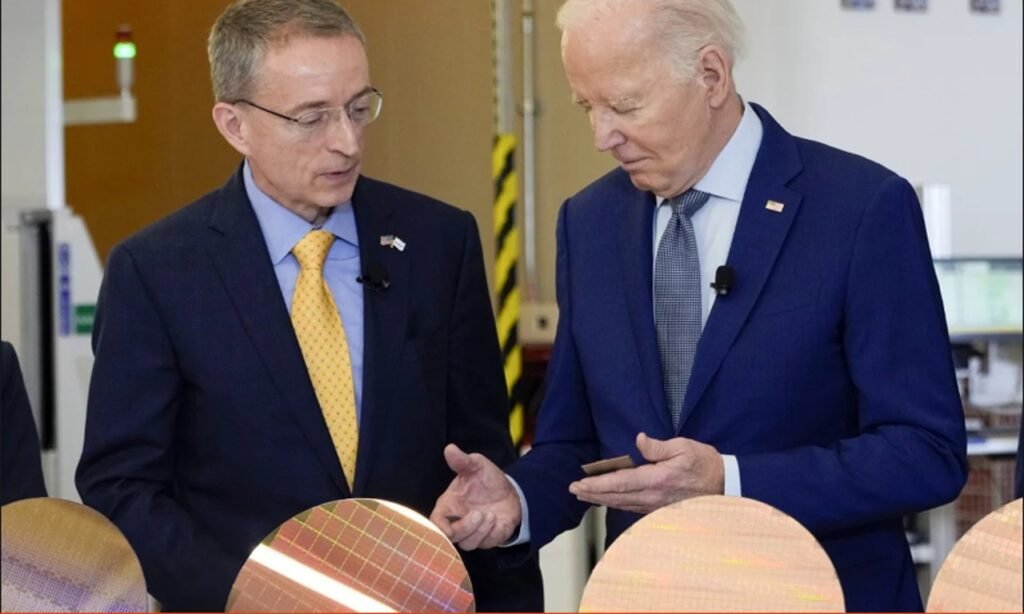Introduction: Abu Dhabi, a global hub of innovation, recently made history by hosting the world’s first-ever self-driving car race. This landmark event, titled “May the Best AI Win,” brought together teams from across the globe to showcase their advancements in autonomous technology. With a remarkable $2.25 million prize pool, the competition captured the imagination of spectators and industry experts alike.
Setting the Stage: Against the backdrop of Abu Dhabi’s futuristic skyline, the stage was set for a groundbreaking showdown between cutting-edge AI-driven vehicles. The race track, meticulously designed to simulate real-world driving conditions, presented teams with a series of challenges that tested the capabilities of their autonomous systems.
The Teams: Diverse teams hailing from various corners of the world converged in Abu Dhabi, each bringing its own unique approach to the competition. From established tech giants to up-and-coming startups, the field was a testament to the global interest in autonomous driving technology.
The Technology: At the heart of the race were the self-driving cars themselves, equipped with state-of-the-art sensors, cameras, and AI algorithms. These vehicles seamlessly navigated the track, demonstrating their ability to perceive and respond to their surroundings in real-time.
The Challenges: Throughout the competition, teams faced a series of challenges designed to push the limits of their autonomous systems. From navigating tight corners to avoiding unexpected obstacles, the race tested the agility, precision, and adaptability of each AI-driven vehicle.
The Spectacle: Spectators were treated to a thrilling display of technological prowess as the self-driving cars raced around the track with precision and speed. The event captured the imagination of onlookers, offering a glimpse into the future of transportation.
The Safety Factor: One of the paramount concerns in autonomous driving is safety. Throughout the race, teams emphasized their approaches to ensuring the safety of passengers, pedestrians, and other vehicles on the road.
Environmental Impact: In an era increasingly conscious of environmental issues, the race also highlighted the potential for self-driving technology to reduce emissions and minimize the ecological footprint of transportation.
Global Collaboration: The competition served as a catalyst for collaboration among researchers, engineers, and innovators from around the world, fostering an exchange of ideas and driving progress in autonomous vehicle development.
Economic Implications: Beyond the technological advancements, the race raised questions about the economic impact of autonomous driving, from job creation to changes in industries reliant on traditional transportation models.
Future Prospects: As the race concluded, attention turned to the future prospects of self-driving technology. What new challenges lie ahead, and how will autonomous vehicles continue to evolve in the years to come? These questions lingered as the world eagerly awaited the next chapter in the journey towards fully autonomous transportation.
Conclusion: As the dust settled on Abu Dhabi’s historic self-driving car race, one thing became abundantly clear: the future of transportation is autonomous. The competition served as a testament to the remarkable progress made in autonomous technology and underscored the potential for AI-driven vehicles to revolutionize the way we travel. With Abu Dhabi leading the charge, the world is on the brink of a new era in transportation—one defined by innovation, efficiency, and safety.




